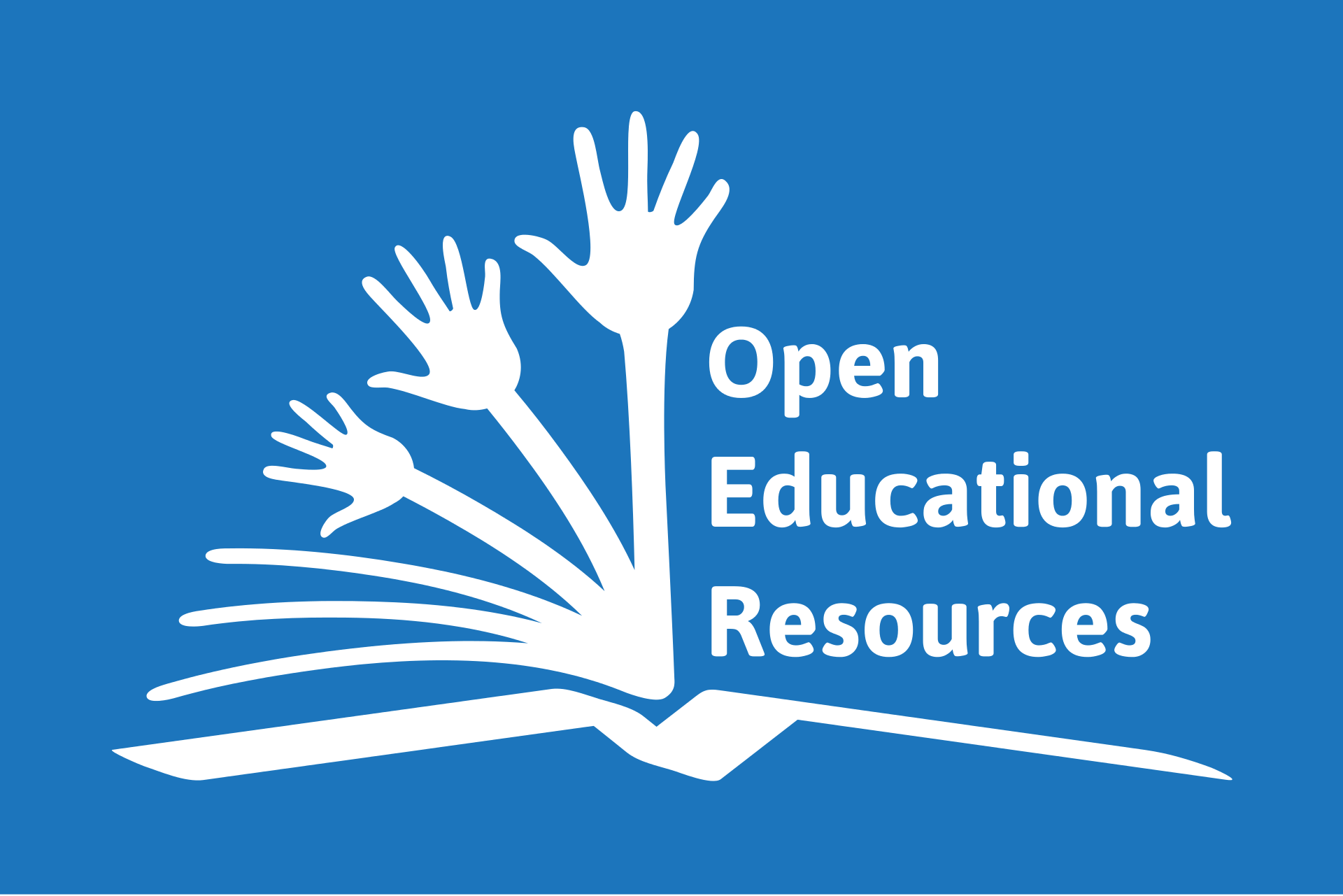
What are OERs?
Open Educational Resources are defined by UNESCO in the 2012 PARIS OER DECLARATION as:
teaching, learning and research materials in any medium, digital or otherwise, that reside in the public domain or have been released under an open license that permits no-cost access, use, adaptation and redistribution by others with no or limited restrictions. Open licensing is built within the existing framework of intellectual property rights as defined by relevant international conventions and respects the authorship of the work (UNESCO, https://en.unesco.org/oer/paris-declaration).

Why use and create OERs for your teaching?
The replacement of commercial textbooks with open access resources in your course can provide opportunities for your students and you:
- increase student satisfaction by easing the financial burden of textbook costs
- improved student engagement with the curriculum by providing access to current, relevant and global learning resources to enhance their learning experiences
- enhance your teaching and research profile through open publication of your research and teaching materials
Want to know more or get involved?
Find out about the Library’s open education activities:
The Open Textbook Initiative developed by the RMIT University Library is a shared resource for Australian and New Zealand universities to promote finding, using, adapting and creating open educational resources https://emedia.rmit.edu.au/oer/.
Library Open Educational Resources Team
- supports RMIT teaching staff in finding, adopting and adapting open resources;
- supports RMIT authors to develop open texts;
- adapts existing open educational resources for a local audience;
- delivers training on finding and using open educational resources in teaching.
